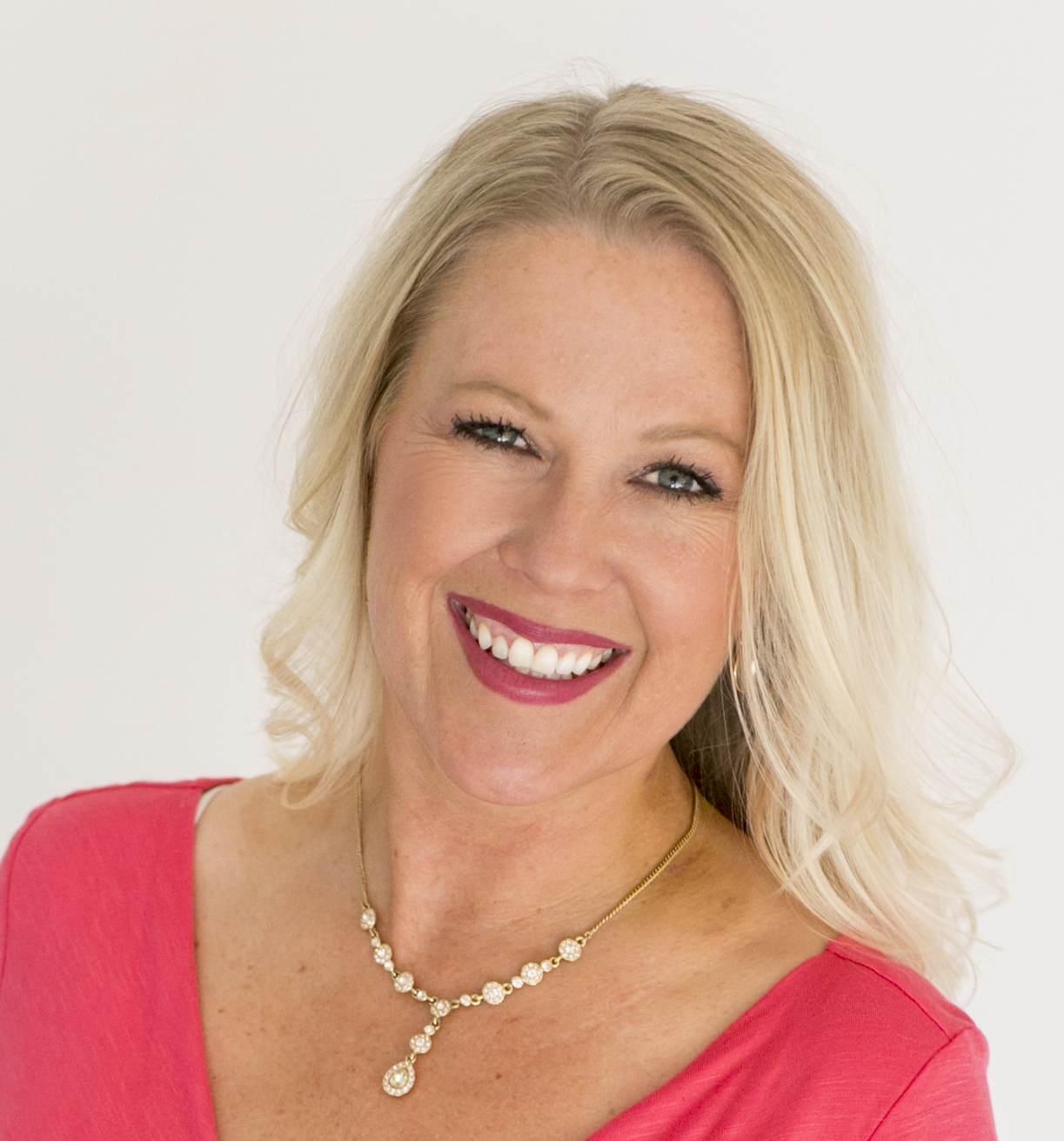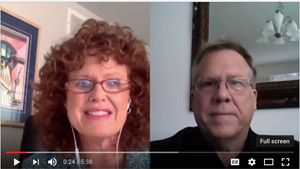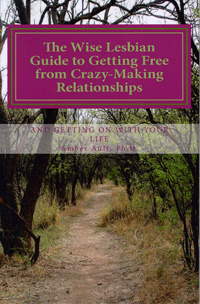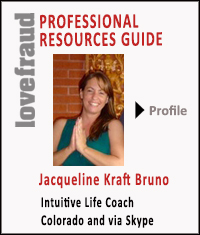By Dr. Karin Huffer — editor Wilene Gremain In recognition of Domestic Violence Awareness Month, here's a composite story drawn from my cases: I was a successful college educated thirty-something when I finally met my soul mate on a cruise ship to Alaska. Independent thinker, educated, ecology minded, career oriented, honest, he was almost the mirror image of myself as far as these qualities, two of a kind. We had it all. I was incredibly happy. Anything ”¦ we would do anything to show the love and respect we felt for each other. “Marry Me?” “You Bet!” After almost one year of marriage and closing in on our first Christmas together, I was at full throttle to make the best ever Christma …
Invisible Intimate Partner Abuse and How to Manage Coercive Control in CourtRead More






